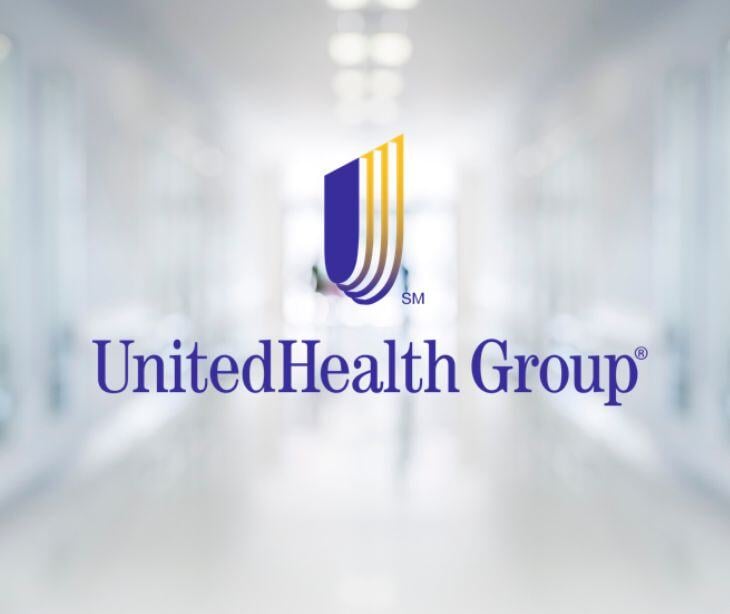2 min read
Providers pressured to repay UnitedHealth’s $9B relief loans
Farah Amod
Apr 22, 2025 10:15:51 AM

UnitedHealth wants billions back from providers still recovering from the Change Healthcare breach.
What happened
UnitedHealth Group is requesting full repayment from healthcare providers who received financial assistance following the 2024 ransomware attack on its tech subsidiary, Change Healthcare. The company had distributed $9 billion in interest-free loans to keep providers operational during a period when billing, payment, and claims systems were severely disrupted.
Emails sent by UnitedHealth’s Optum unit in recent months warned providers that failure to repay could result in withheld reimbursements.
Going deeper
The Change Healthcare cyberattack was the largest healthcare data breach in U.S. history, compromising the personal information of nearly 200 million people and bringing medical billing infrastructure to a standstill. Although most systems have since been restored, providers are now under pressure to settle the emergency funds they received.
Some providers say the repayment demands are aggressive and financially straining. Catherine Mazzola, CEO of New Jersey Pediatric Neuroscience Institute, said her practice received two loans totaling $535,000 and has already repaid $40,000. She also reported that $68,000 in Medicaid reimbursements had been withheld.
Another provider, Christine Myer, said her primary care practice borrowed $756,000 and received a letter on April 1 demanding full repayment within five business days.
UnitedHealth confirmed that as of October 15, 2024, $3.2 billion had already been repaid. In a statement, Change Healthcare said it is “working with providers” on repayment plans now that “services are restored.”
What was said
A Change Healthcare spokesperson told The Wall Street Journal that the company has started recouping the interest-free loans it issued, stating, “Now, more than one year post the event and with services restored, we have begun the process of recouping the interest-free funding we provided to providers.”
However, many providers argue the original agreement was rigid and exploitative, leaving them with little choice during a crisis. Some practices say they’re still recovering from the financial impact of the prolonged outage and are struggling to meet UnitedHealth’s repayment terms.
The big picture
The repayment effort comes at a tense moment for the healthcare sector, still reeling from the long-term effects of the Change Healthcare breach. While UnitedHealth’s loans helped providers survive the initial crisis, the demand for rapid repayment could compound the financial strain, especially for smaller or independent practices.
The situation also shows the ongoing vulnerabilities of healthcare infrastructure to cyberattacks and the difficult balancing act between corporate recovery efforts and frontline care delivery.
FAQs
What were the terms of the original loans given to providers?
The loans were interest-free and intended as temporary relief, but specific repayment timelines and flexibility were not publicly detailed, leading to confusion and disputes.
Are providers able to negotiate new repayment terms with UnitedHealth?
Some providers report being offered structured repayment plans, but many say the terms are rigid and lack room for financial hardship adjustments.
How has the federal government responded to this repayment effort?
As of now, there has been limited direct federal intervention, though lawmakers and industry groups have raised concerns about the repayment burden on small practices.
Could withheld reimbursements impact patient care?
Yes, providers warn that delayed or reduced reimbursements could lead to staffing cuts, reduced services, or even practice closures in extreme cases.
What protections are in place to prevent similar cyberattacks in the future?
The incident has spurred industry-wide reviews, with increased investment in cybersecurity, but critics say systemic vulnerabilities in healthcare IT remain unaddressed.



